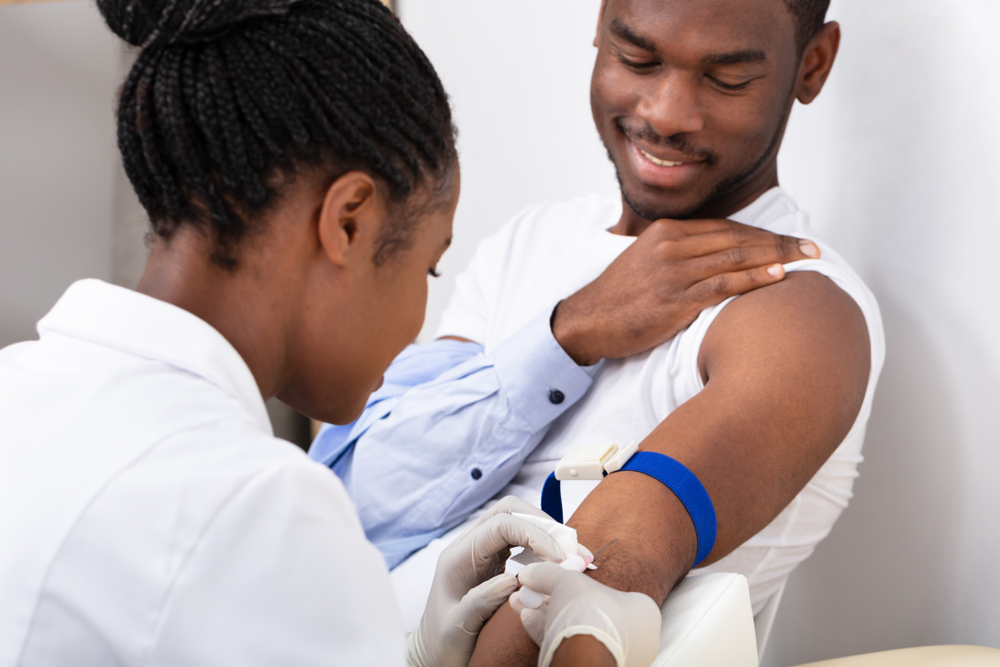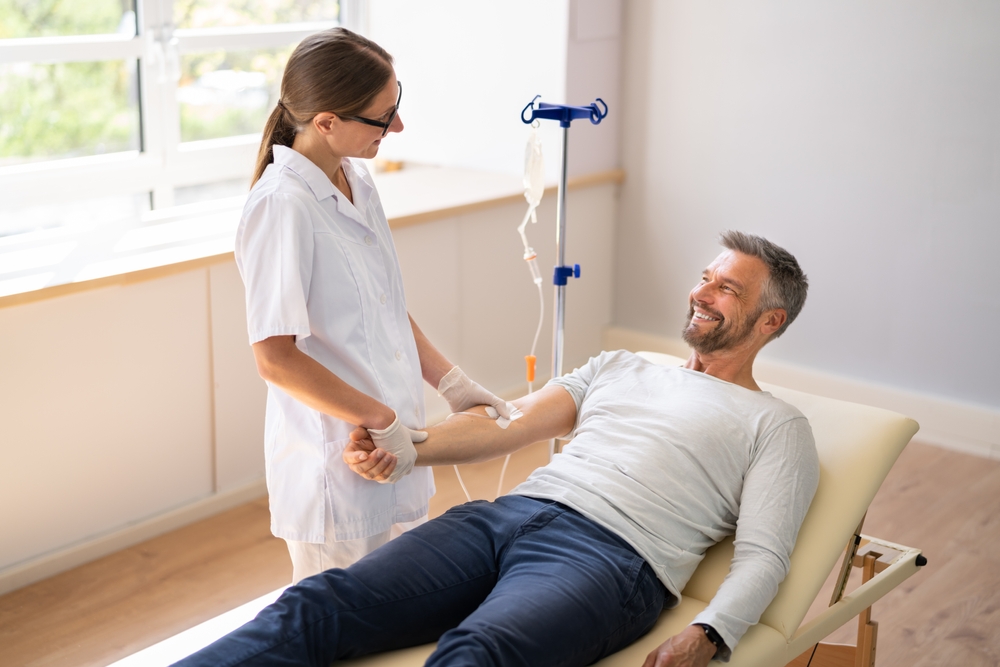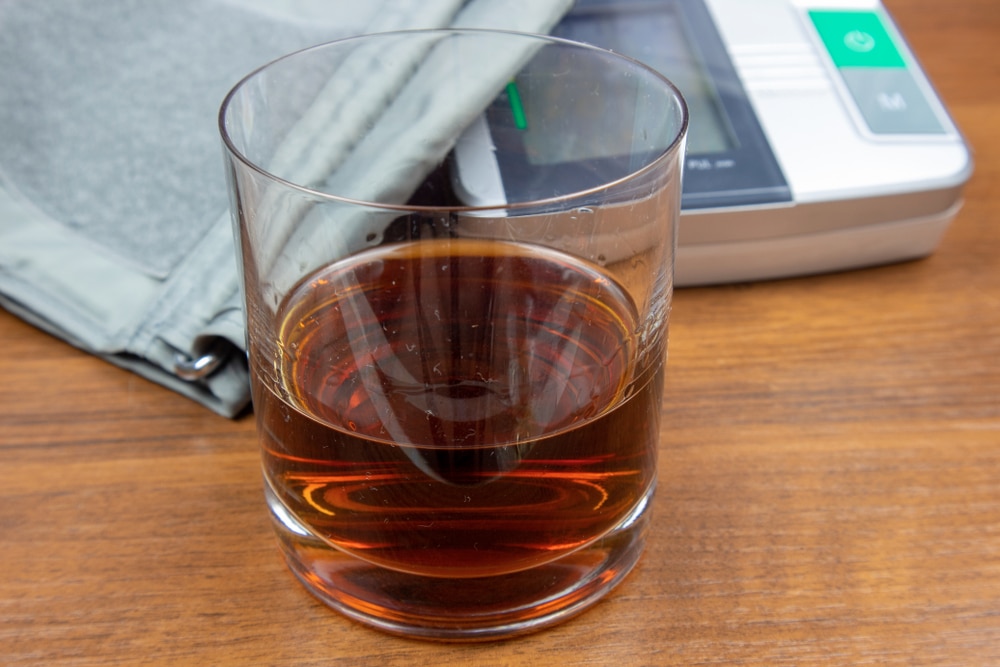First Steps to Sobriety: Coping Mechanisms for Newcomers
Addiction recovery is a journey - not something you achieve right after treatment. And as with any journey in life, there are ups and downs that you’ll experience along the way. But the good news is that with the right coping mechanisms in place, it becomes easier to handle whatever life throws your way. Long-term sobriety is possible, and many people have gone ahead to enjoy healthy, happy and substance-free lives.
Let’s explore some coping strategies that will help you stay on track.
Know How to Manage Your Cravings
One of the first challenges you'll face in recovery is managing cravings. Cravings are a normal part of the healing journey and don’t mean you’re doing anything wrong. However, they can be intense, and if you’re not prepared, they can easily pull you back into old habits. Here are some ways to handle cravings effectively:
Know Your Triggers
Triggers can be different things for different people. For some, it could be emotions, situations or people. And for others, places, solitude, holidays, anniversaries, etc. It’s a good idea to know what your triggers are so you best prepare for when they strike. For example, if a mental illness like stress is a trigger, you may practice relaxation techniques to help calm your mind before the craving intensifies.
Distract Yourself
Cravings are intense but often short-lived. Simple distractions like going for a walk, reading a book, or even doing a quick chore around the house can keep your mind occupied and reduce the power of the craving, making it easier to move past it.

Stay Connected
Reach out to someone in your support network when a craving feels overwhelming. Whether it’s a friend, family member, or support group member, talking through your feelings can help you process the craving without acting on it. It’s okay to ask for help—sometimes, just hearing a supportive voice can make all the difference in staying on track.
Practice Positive Self-Talk
Remind yourself that cravings are temporary and do not control you. Simple affirmations like “This will pass” or “I am stronger than this craving” can help reframe your mindset. Positive self-talk strengthens your resolve and helps you stay committed to your recovery journey, especially during challenging moments.
Use Grounding Techniques
When a craving strikes, grounding techniques can help you stay present and centered. Focus on your breathing, or use your senses to bring your attention back to the present moment—notice what you can see, hear, touch, taste, and smell around you. These techniques are incredibly calming and provide a sense of control when cravings feel intense.
Don’t Do It Alone, Have a Support System
Isolation and loneliness are common contributors to relapse of drug and alcohol treatment. As humans, we tend to be our own worst enemies, and when we isolate or are lonely, our minds wander to negative thoughts. Besides, when we keep it to ourselves, it becomes hard to stay motivated or overcome the guilt and shame that drug and alcohol addiction symptoms are often associated with. We all need support from friends, family, and people who understand our struggles.

Here are some ways to find and nurture interpersonal relationships:
Start With Your Friends and Family
Your friends and family are often your first line of support. They already care about you and want to help, even if they don’t always know how. Reach out and let them know what you’re going through. You don’t have to share every detail—just let them know how they can support you. Whether it’s someone to talk to, someone to spend time with, or even someone to check in on you, having loved ones by your side can keep you motivated.
Be honest about what you need. If you’re having a tough day, call or text someone you trust. It’s okay to ask for help. They’ll be glad to support you, and it’s a great way to remind yourself that you’re not alone in this.
Join Support Groups
Support groups like AA, NA, or other local recovery groups are full of people who get exactly what you’re going through. These are safe spaces where you can share your story, hear others, and feel understood without having to explain yourself. Plus, there’s something powerful about knowing you’re not the only one facing these challenges.
Being around others who are on the same journey can be incredibly comforting. You learn from their experiences, celebrate their successes, and feel inspired by their progress. It’s a great way to build connections and stay motivated on your path to sobriety.
Seek Professional Help
Sometimes, it helps to talk to someone trained to guide you through recovery. Therapists and counselors use tools and strategies like cognitive behavioral therapy to help you understand your triggers, manage cravings, and work through any mental health challenges that might come up.
Reaching out for professional help doesn’t mean you’re weak; it means you’re taking charge of your recovery. These professionals are there to support you with expert advice and a listening ear. They’re on your team, helping you navigate the ups and downs of sobriety with the right tools.
Create New Healthy Habits for Long-Term Recovery
Studies suggest that it takes 18 to 254 days to form a new habit, so don’t worry if it doesn’t happen overnight. During your addiction, you built habits around your substance abuse, but now it’s time to create new ones that support your recovery.
The good news is that these habits don’t have to be dramatic changes—just small, consistent steps that make a big difference over time. Here are a few simple habits that can help you on your journey:
Set Up a Daily Routine
A daily routine can be a game-changer in recovery. It provides structure and stability, helping you stay focused and productive. Start by planning your day—set meals, exercise, work, and relaxation times. Having a schedule helps you avoid boredom and reduces the temptation to fall back into old patterns. Even simple things like setting a regular wake-up and bedtime can add a sense of normalcy and control to your day.

Keep a Daily Journal:
Journaling is a simple yet effective way to reflect on your progress and keep track of your thoughts and feelings. Use it to jot down your goals, express your emotions, or celebrate your successes, no matter how small. Writing regularly helps you process what you’re going through and reminds you how far you’ve come. It’s a private space to be honest with yourself and stay connected to your recovery journey.
Practice Relaxation Techniques
Stress is a common trigger, so it's important to learn relaxation techniques. Practices like deep breathing, mindfulness meditation, or even just taking a few quiet moments can help you manage anxiety and keep you calm. These techniques are easy to incorporate into your routine and can be done anytime you need to reset and refocus. Over time, they become powerful tools that help you stay balanced and centered.
Prioritize Your Physical Health
Your physical health is just as important as your mental and emotional health. Addiction takes a toll on your body and has been shown to cause weight loss, liver problems, stroke, brain damage, weakened immune system, blood pressure issues and so on. That’s why focusing on your physical health during recovery is crucial—it helps your body heal and rebuild your overall strength.
Physical activity, in particular, plays a key role in this process. It helps:
- Improve your health
- Boost mood and mental health
- You feel good about yourself
- Strengthens your immune system
- Helps you sleep better
And all these benefits are critical for your recovery. Examples of exercises you can start with include walking, yoga, stretching, strength training, swimming, dancing, cycling, etc., for at least 20 to 30 minutes daily.
Moving Forward: Your Path to Long-Term Sobriety
Recovery is not a straight line, but with the right coping mechanisms, you can navigate the twists and turns that come your way. Remember, every step you take brings you closer to long-term sobriety. As we said earlier on, many people have been in the exact same position you’re in, and are now leading a fulfilling, substance-free life.



























